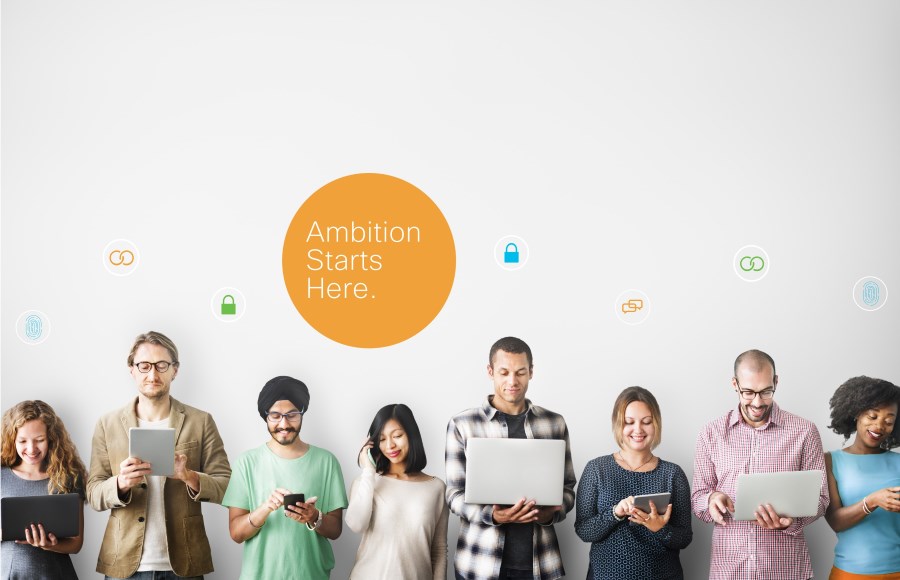Why gender diverse businesses aren’t really that inclusive
- Written by Sue Boyce, Ability Works CEO

Many organisations proudly espouse they are inclusive because they have a couple of women on their board, women managing teams or something along those lines.
For some, they are simply closing their quota gap, by focusing on the recruitment of more women, maybe even people with a disability and becoming “diverse”; but is the workplace culture progressing equally as strong?
The Financial Times reported this year that HR teams and recruitment firms regularly bin resumes with foreign names, terminate an interview for anyone looking for flexible working arrangements, discard a male applicant for an executive assistant role or an older Australian for a role post a redundancy in favour of a younger applicant.
Sadly, even when women get to a senior role and achieve exemplary results, they are still subject to lecturing and advice by male colleagues, who are often in less senior roles. Again, if female staff members lodge formal complaints, she is either ignored or pressured to not pursue any action.
These are experiences I’ve personally had and ones that have been recounted to me.
At Ability Works, we believe language is a powerful way of building inclusion and helping people feel valued and respected. Non-inclusive language contributes to and continues stereotyping.
We recommend starting with yourself and paying attention to what you say, instead of using the old paradigm “you can’t say anything anymore, you have to be so PC these days”.
Referring to people with a disability as handicapped, retarded or crippled, is focussing on the impairment not the person. It’s more respectful to refer to them as a person with a disability.
We endeavour to create teams and networks, so employees feel they have a voice in decision making, are treated fairly and are appreciated for who they are, as they are, so they feel they belong.
True diversity isn’t just a gender thing, an age thing or a race thing. It’s building a balance of people from all walks of life, skill set, ability and building on their strengths, to get the jobs done.
Having said all this, I am still optimistic for the future of our children. Workplace cultures are changing, and progress is being made in baby steps. But we have a few more decades before the job is complete.








